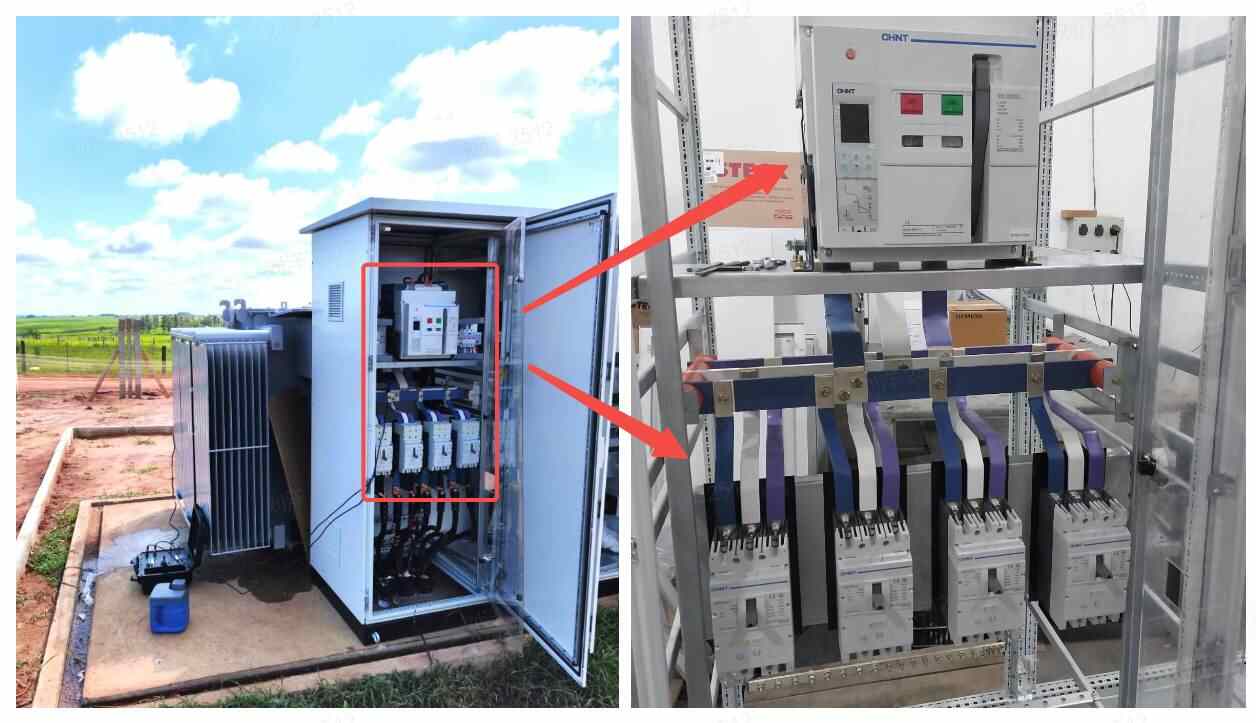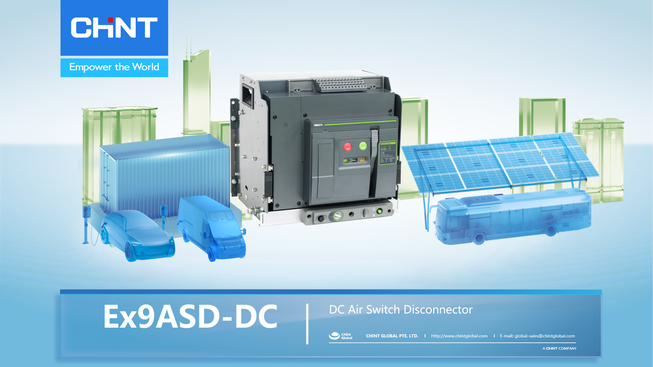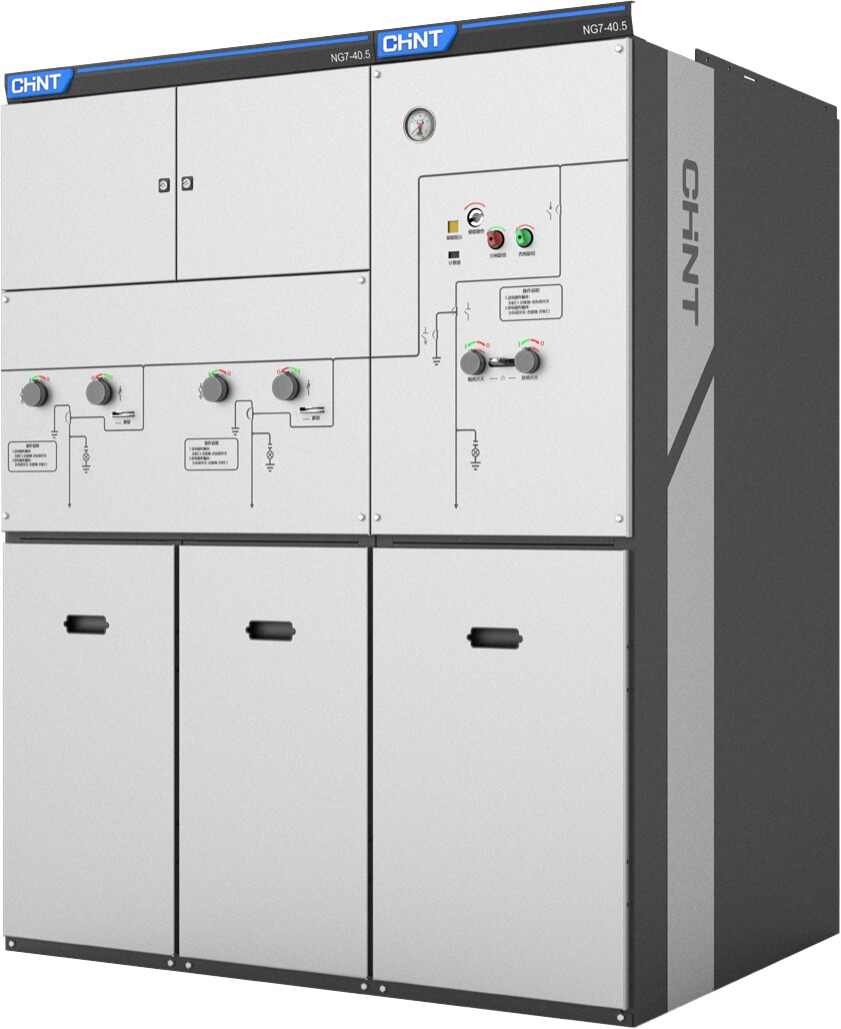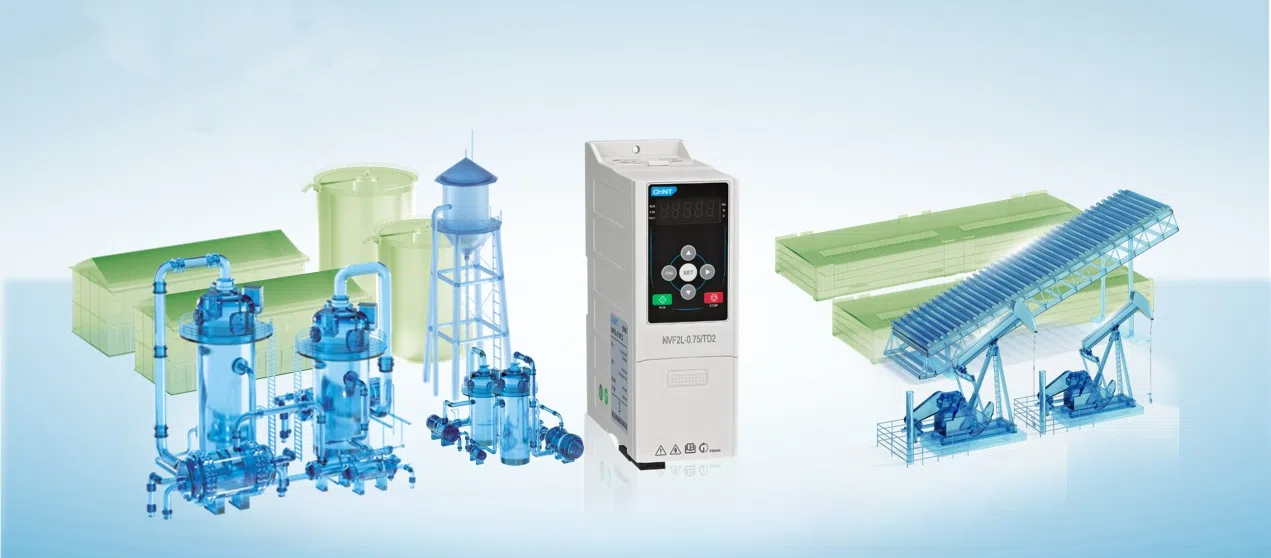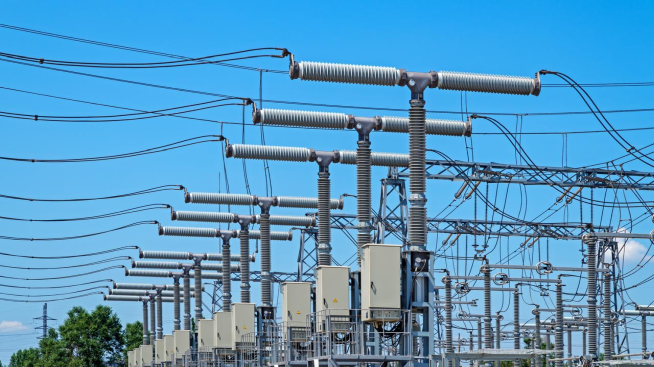Can I Use a General Miniature Circuit Breaker (MCB) for PV?
Miniature circuit breakers are widely adopted. They are used for branch circuit protection in many electrical systems. However, as solar photovoltaic technology continues to expand rapidly, one question arises: Can I use a general miniature circuit breaker for PV? This article explores the answer to this question, highlighting the suitability of general miniature circuit breakers for PV, and recommended options that can reliably protect these types of electrical circuits.
Can I Use a General Miniature Circuit Breaker for PV or Not?
To answer this question, we need to understand the basic differences between alternating current (AC) and direct current (DC), and how they affect the operation of circuit breakers.
General MCBs are designed and rated based on specifications for AC circuits. AC power has a crucial characteristic that allows standard circuit breakers to function effectively: it periodically crosses through zero voltage points 50 or 60 times per second. This natural interruption in the current flow enables standard circuit breakers to safely interrupt the current without the risk of arcing.
The magnetic and conductive components in general-purpose miniature circuit breakers are not robust enough to handle DC current. They cannot reliably turn off the DC current within the breaker during a fault, which runs the risk of the breaker failing to trip or prematurely tripping. The inconsistency can potentially leave the system unprotected or cause damage to components over repeated stress.
Overall, general miniature circuit breakers are not suitable for use in PV systems due to their incompatibility with DC power. To ensure the safety and longevity of PV systems, it is essential to use circuit breakers that are specifically tailored for PV and other DC power systems.
Product Highlight: Ex9BP DC Miniature Circuit Breaker
CHINT is a manufacturer and supplier of electrical protection devices. For years, we have specialized in developing reliable circuit breakers for solar and other DC applications. Ex9BP DC Miniature Circuit Breaker is one of our top offerings in this category. Some key features of the Ex9BP DC miniature circuit breaker from the Noark series include:
- Rated voltage of 500V DC for two-pole models and 1000V DC for four-pole models, covering a wide range of typical PV voltages.
- Can reliably handle continuous current loads between 10-63 amps, enough capacity for most residential and commercial PV applications.
- Certified per the stringent IEC/EN 60947-2, it offers a breaking capacity of 6kA.
- Color coded contact position indicator provides a visual indication of the device status.
- The product can realize non-polar wiring and ensure the safety of equipment reliably.
- Specially designed for DC arc extinguishing chamber and arc striking angle design, perfect breaking DC arc.
Applications of Ex9BP
The Ex9BP DC MCB has applications in a variety of PV and other direct current installations. Some common scenarios of this advanced miniature circuit breaker include:
- Residential and commercial rooftop PV arrays, providing protection for multiple solar modules wired in series into strings and combiner boxes.
- Off-grid and hybrid solar homes, protecting batteries, inverters, and sensitive appliances that run on low-voltage DC power.
- Industrial machinery, automating processes by protecting DC motors, conveyor systems, pumps, and factory installations.
- Large-scale solar farms, safeguarding the high-current DC circuit and central inverters, optimizing energy generation, and maintaining grid stability.
Conclusion
Overall, while the general miniature circuit breaker performs well in AC applications, it is not suited for use in PV and other DC power systems. It’s recommended to use a reliable DC MCB for solar for that purpose. The Ex9BP from CHINT provides reliable overload and short-circuit protection tailored for direct current use. Visit our website to learn more about our full range of PV accessories, switchgear products, and custom solutions.




